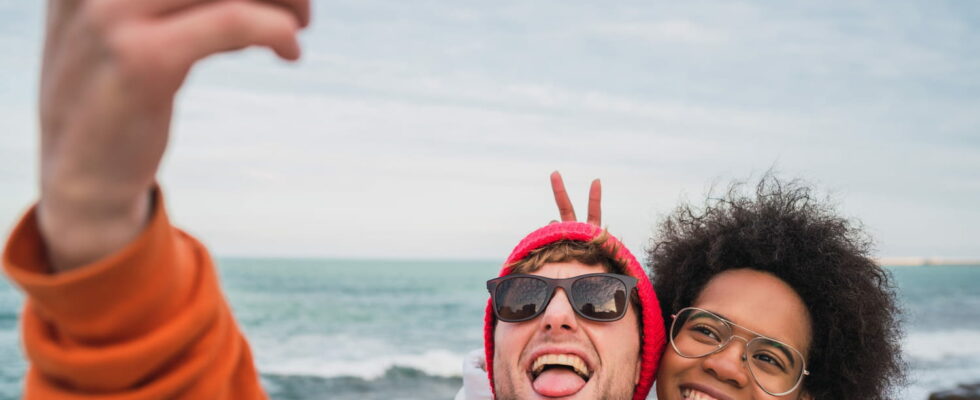Sharing your private life has become common on social networks. But this could well work to the disadvantage of certain people, who lack discretion. Here’s why.
When we travel, eat in a good restaurant, get some fresh air discovering a beautiful landscape or buy new clothes, we tend to want to share our experience with those around us . And social networks have become a reflex for most users who like to reveal their most beautiful photos and videos. If some choose to make their account “private”, others agree to leave it “public”: this way, everyone can have access to the published content. Sharing is then a way to raise awareness of these beautiful places and increase the number of subscribers. But sometimes, it is better to remain cautious and above all discreet about your private life.
But rest assured, this mainly concerns people who have something to be ashamed of, especially thieves. Because since the start of 2025, French customs as well as the tax authorities have been authorized to scrutinize user accounts on social networks such as Facebook, Instagram, Snapchat, X or TikTok… The objective? Fight against tax fraud by analyzing the lifestyle of Internet users, for example by comparing their declared situation to that which they could observe online.
Thus, the decree n°2024-1274 of December 31, 2024 allows State agents to more easily detect “breaches of domiciliation rules”, “hidden activities”, “minorization” or even “concealments of revenue” from taxpayers. Please note, however, that only public publications can be examined by the tax administration, which excludes the possibility of following a private account or a group conversation. The decree specifies that this collection is “limited to content relating to the person who deliberately disclosed it” and tagged photos will not be taken into account. However, profile activity, geolocation, a page’s audience and its age are data that can be studied.
The noose is tightening for fraudsters, who will have to think twice before posting the latest photo of their vacation in Punta Cana or the latest luxury brand purchases. Especially since artificial intelligence should support investigators who hope to set up an “automatic fraud detection model”.
